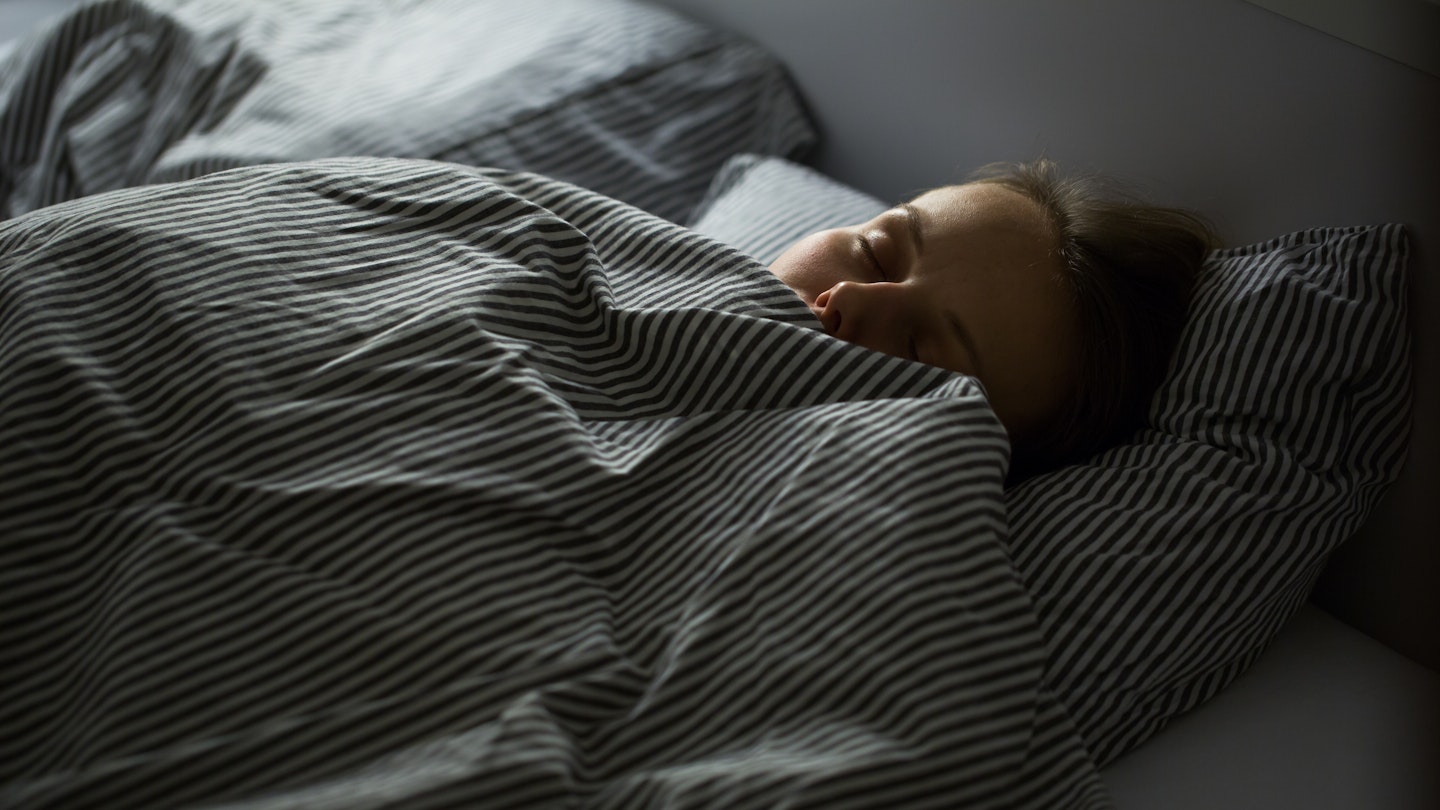Every new parent will know, sleep is an important part of your day to day, even if your little one doesn’t feel the same. Yet how can you sleep better as a parent? From the broken sleep, to the best mattress on the market, we’ve got it covered.
1. Reduce stress before bedtime
Of course, easier said than done, but anxiety is often a big cause of sleepless nights for new parents, worrying about their responsibilities now they’ve got a little one to take care of. Yet this is a vicious cycle – the more tired you are, the more anxious you become. Try and take time to unwind before bed, whether that’s writing a to-do list of tomorrow’s chores, or having a bath – clear your mind and slow your breathing. And when you find yourself lying awake in the early hours, take comfort in the fact that you’re resting, even if you’re not sleeping.
2. Make sure you’re getting enough exercise
It might be the last thing you feel like doing when you’re exhausted, but exercise, such as a gentle walk or if you have the time, swimming, can relieve stress and regulate your body clock. According to Dr Nerina Ramlakhan, Sleep and Energy Consultant at Capio Nightingale Hospital, ‘[doing regular exercise] means you’ll have a better quality of sleep’.
3. Don’t stay up too late
That wave of energy you get once your baby goes to bed is actually down to increased adrenaline because your body is overtired. Don’t be fooled into staying up too late, no matter how watching that next episode of Friends on Netflix might be.
4. Unplug before bed
The benefits of unplugging from technology before bed have been widely documented, but that doesn’t make it any easier to do. If you’re struggling to fall asleep once you’ve put your baby down, take a look at your technology habits and try to switch off your TV, laptop or iPhone an hour before you sleep.
5. Eat at the right times
Eating breakfast within 30 minutes of waking can help stabilise blood-sugar levels and regulate the production of the sleep-inducing hormones serotonin and melatonin, so ensure you’re eating the most important meal of the day.
According to the experts, it’s also important to ensure you’re not eating dinner too late. Sleep expert Dee Booth adds: ‘it’s tempting to wait until your baby is in bed, but if you can, eat around 7pm and try to be in bed by 9pm at least a few nights a week (no matter how boring it seems)’.
6. Learn how to cope with the night feeds
While sleepless nights are inevitable in the first year, there are ways to lessen the impact. Try and get back to sleep as quickly as possible each time by keeping the lights dimmed, and avoid looking at the time (or your phone) no matter how tempting it might be. Try and rest during the day when your baby naps, even if you don’t sleep. Once baby has dropped the number of night feeds, you might want to consider a sleep training method to help you all get back into a good routine.
7. White noise can help YOU as well as your baby
Babies can be noisy roommates to have – they wriggle, snuffle and can disturb your sleep. Of course, you’ll want to keep your baby in your room with you, but don’t feel like the Moses basket has to be right next to your bed – a few feet away is fine and might stop you being so aware of the noise.
White noise can be the secret to helping your baby sleep better, but you might also find it soothing too. Try rain falling, or wind through the trees.
8. Make sure you’re sleeping on the right mattress
Sleeping on the right mattress can make all the difference. With plenty of bed-in-a-box options on the market, we tried out a Casper mattress – a foam-core mattress with a memory foam layer. It’s soft, comfortable and great for all types of sleepers – including people who sleep on their backs. It should last you around ten years if you treat it well, so it’s definitely a worthwhile investment.
9. Make sure your room is optimised for sleep
If you find you’re waking up too early, ensure your room is dark enough for a good night’s sleep by installing a blackout blind, or wearing a sleep mask. If you think of a hotel room, designed with sleep in mind, try and ensure your environment matches up. Try using a sleep pillow spray, or dab lavender oil on your pillow – lavender has been proven to decrease blood pressure and heart rate to aromatically induce sleep.
Of course, an extreme lack of sleep can impair your mental capacity, so avoid driving if you feel really tired. If you’re feeling the effects of sleepless nights in the early days with a newborn, ask someone to babysit so you can have a nap. If not, rest as much as you can by snuggling with your baby on the sofa.
